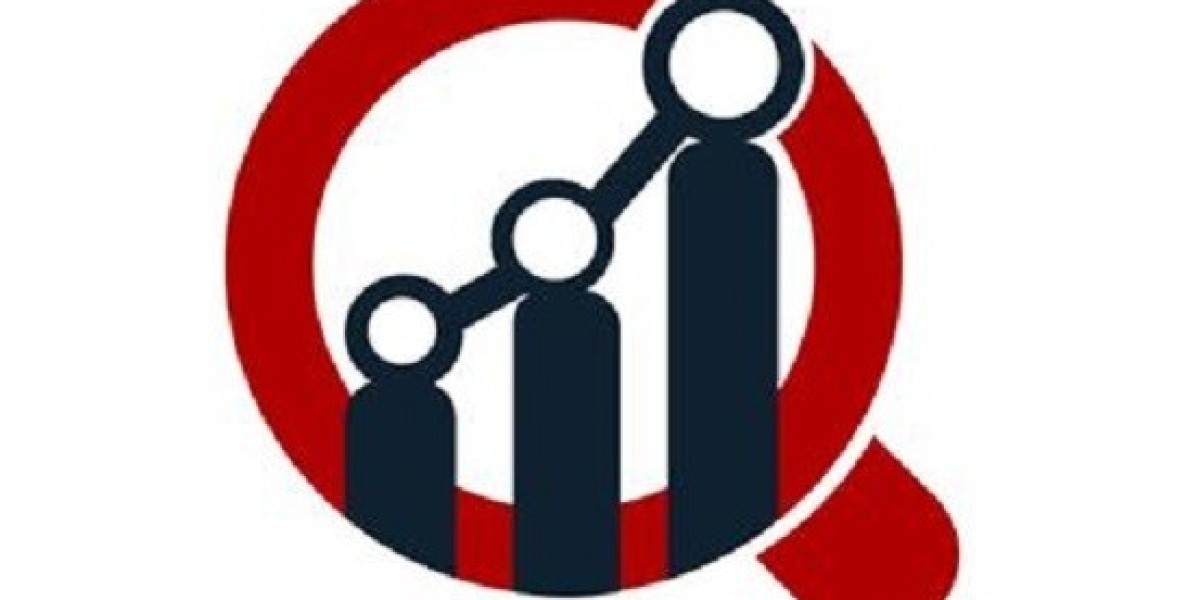Alcoholic Hepatitis Therapeutics Market: Responding to a Growing Health Crisis
Alcoholic hepatitis is a severe and potentially life-threatening condition caused by excessive alcohol consumption, leading to inflammation and damage of the liver. With rising rates of alcohol abuse worldwide, the demand for effective therapies to manage and reverse the condition has become more urgent. The alcoholic hepatitis therapeutics market is evolving in response to these growing clinical needs, focusing not only on symptomatic relief but also on long-term liver function restoration.
Understanding the Impact of Alcoholic Hepatitis
Unlike general liver damage, alcoholic hepatitis is marked by an acute phase of inflammation that can progress rapidly and carry a high risk of mortality, especially in patients with underlying cirrhosis. Symptoms such as jaundice, abdominal pain, fever, and liver failure may appear suddenly, often requiring immediate medical intervention.
The disease most commonly affects chronic drinkers but can also occur in individuals who binge drink. As awareness of liver health increases, so does the attention on early diagnosis and targeted treatments to mitigate the inflammatory damage before it escalates.
Therapeutic Approaches: From Steroids to Emerging Biologics
Current standard treatment for severe alcoholic hepatitis includes corticosteroids such as prednisolone, which help reduce liver inflammation. However, not all patients respond to steroids, and the risk of infections during therapy has prompted researchers to look for better alternatives.
Emerging therapeutic options now include biologics, anti-inflammatory agents, and regenerative therapies aimed at promoting liver tissue repair. Additionally, research is exploring the role of gut microbiome modulation, antioxidants, and anti-fibrotic agents to treat underlying contributors to the disease process.
Supportive care, including nutritional support and abstinence from alcohol, remains a cornerstone of treatment. In some advanced cases, liver transplantation may be the only viable option, making early intervention crucial for improving survival rates.
Market Drivers and Therapeutic Opportunities
One of the key drivers of the alcoholic hepatitis therapeutics market is the rising global incidence of alcohol-related liver disorders. Urbanization, increased stress, and lifestyle changes have all contributed to higher alcohol consumption, especially in younger populations.
There is also a significant unmet need for effective therapies that go beyond symptom control and actually halt or reverse liver inflammation. This has created a push for innovation, with pharmaceutical companies investing in drug development pipelines that target liver regeneration, immune modulation, and oxidative stress reduction.
Drug repurposing is another strategy being explored, where existing medications for other inflammatory diseases are being tested for efficacy in treating alcoholic hepatitis. This approach could accelerate availability while reducing development costs.
Challenges in Treatment and Drug Development
Despite increased awareness, the stigma around alcohol-related illnesses often leads to delays in diagnosis and treatment. This, in turn, limits the effectiveness of many therapies that require early-stage administration.
Another major challenge is the difficulty in conducting clinical trials due to the complex nature of the disease and patient non-compliance, especially among those who continue to drink. The lack of biomarkers for early diagnosis and response monitoring further complicates the treatment landscape.
Moreover, the liver's delicate balance of immune tolerance and inflammation requires any new drug to be highly specific, increasing the complexity and cost of development.
Regional Insights and Future Trends
North America and Europe currently lead the market in terms of treatment adoption, largely due to better healthcare access and higher diagnosis rates. However, the Asia-Pacific region is expected to see rapid growth in the coming years due to rising alcohol consumption trends and increasing investments in healthcare infrastructure.
Future trends in the market include personalized medicine approaches, where treatments are tailored based on genetic predispositions and liver health status. There's also a growing emphasis on combination therapies that integrate anti-inflammatory, antioxidant, and liver-regenerative properties.
Conclusion: Hope on the Horizon for Alcohol-Related Liver Disease
As alcohol-induced liver disorders continue to rise, the alcoholic hepatitis therapeutics market is becoming increasingly vital. While challenges persist in treatment and patient compliance, the evolving pipeline of innovative therapies offers a promising outlook for improved management of this serious condition. The path ahead involves a combination of medical innovation, early intervention, and public awareness to reduce disease burden and improve patient outcomes.
Explore our latest reports
? Stay ahead in the healthcare industry. Browse our latest insights now!
About Market Research Future (MRFR)
Market Research Future (MRFR) is a global market research firm that provides comprehensive insights into market trends, drivers, challenges, and opportunities. We offer a broad range of market intelligence reports and consulting services to help businesses and enterprises in various industries make informed decisions
Media Contact:
Market Research Future (MRFR)
Phone: +1-646-845-9312
Email: contact@marketresearchfuture.com
Website: marketresearchfuture



